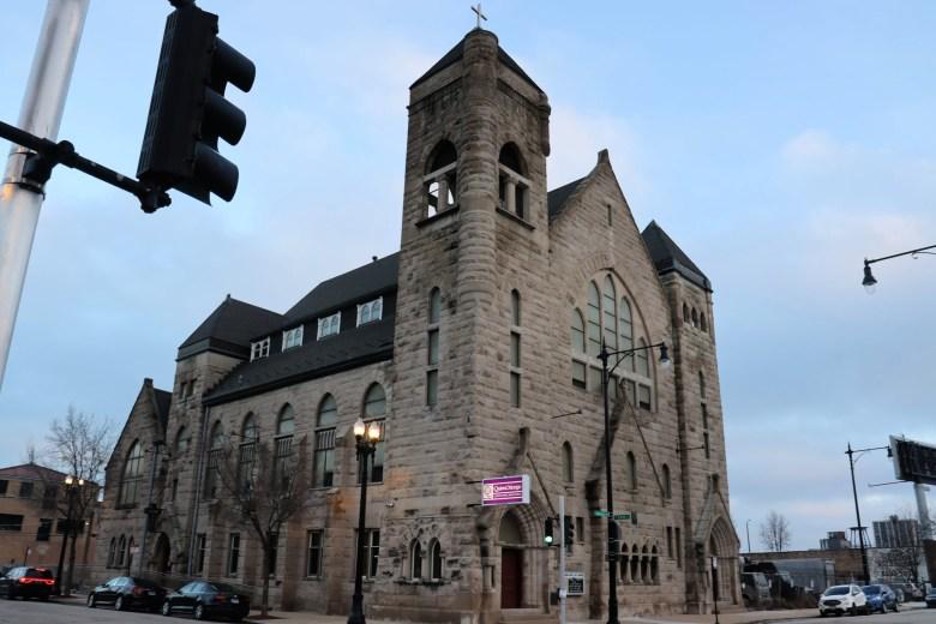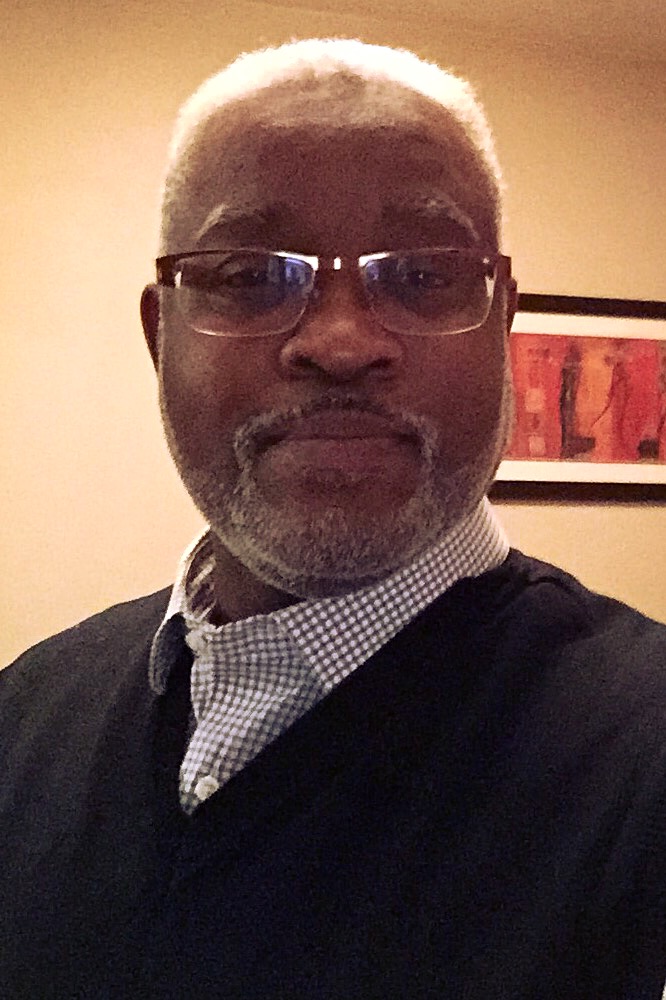Dr. Brandon A. A. J. Davis, Senior Associate Minister, Allen Temple AME Church
Allen Temple African Methodist Episcopal (AME) Church, as a worshipping body of God, was
the first religious society organized among colored people in Cincinnati, Ohio, and was founded
originally in the home of an enslaved man from Kentucky named James King. His master gave
him a pass to cross the Ohio River into Ohio to serve as a minister for hired colored people.
Affectionately called “Father King,” James King led and organized this band of believers in his
home at Broadway 218 and 220. They also met and worshiped at some point in Adam Brown’s
basement. In 1824 Philip Brodie, along with King, led this group to be accepted into the African
Methodist Episcopal Church connection by the Rev. Moses Freeman. The latter, in 1823, was
serving in Chillicothe, Ohio. After receiving this small group into the AME Church connection,
Bishop Daniel Alexander Payne appointed the Rev. Philip Brodie as Pastor; their society was
officially organized on February 4, 1824.
Throughout its 198-year history, the church expanded from Father King’s house, and Adam
Brown’s basement, to the home of the Rev. Philip Brodie. Since its founding, the church was
known as “the Little Red Church on the Green” (North Street near New), “Lime House”
(Seventh Street east of Broadway), “The Old Bethel” (Sixth Street east of Broadway), “Allen
Chapel”(1856-1873), and today Allen Temple African Methodist Episcopal Church.
Allen Temple AME Church remains a staple of community life among people everywhere.
Specifically speaking, the church continues to play a pivotal role throughout the city of
Cincinnati, which several major church ministries call the “city of seven hills” home. One of
those churches has now found itself in a unique position that allows it to live out its
denominational mission less encumbered by paying off its $2.4 million mortgage. Allen Temple
African Methodist Episcopal Church is the oldest AME congregation west of the Alleghenies
and, subsequently, the oldest black church in the city of Cincinnati, Ohio. The current edifice
was built in 2004 under the leadership of the late Rev. Dr. Donald H. Jordan, Sr., a man
synonymous with church life and the funeral industry in Cincinnati. Quinn Chapel AME Church,
Forest Park, and Allen Temple AME Church on Reading Road stand to his legacy.
In the fall of 2007, Bishop Robert V. Webster, the then Presiding Prelate of the 3rd Episcopal
District (Ohio, West Virginia, and Western Pennsylvania), appointed the Rev. Dr. Alphonse
Allen, Jr., to serve as the 65th Senior Pastor of the district’s flagship Church. Over the past 15
years, Pastor Allen has sought to make Allen Temple a church home for everyone, from the
upper echelon to the lowest and often ignored by society; Allen Temple has remained committed
to reaching the city one soul at a time.
As a historic black church following the pathways of other churches throughout this country,
Allen Temple has on numerous occasions contributed its part to the storied legacy of black
people in America. From serving as a waystation along the underground railroad to hosting the
1893 National Colored Convention, also known as Turner’s Convention, founded by Bishop
Henry McNeil Turner, the first black Postmaster General in the United States. Allen Temple has
produced legendary Cincinnatians like Judge William McClain, Dr. George S. Hale, Sr., Dr.
Chester Pryor, Oscar “The Big O” Robertson, Judge Deborah Gains, Police Lt. Donna HurstRobinson, and former Municipal Court Judge Fanon Rucker. Before 1835 the black people
coming to Cincinnati began their religious experience at what became Allen Temple. Today,
Cincinnati’s historical black Baptist Churches can trace their roots to this historical church:
Union Baptist Church (February 7, 1835), Zion Baptist Church (1845), Plum Street Baptist
Church (July 31, 1867), Cummingsville Baptist Church, Walnut Hills Baptist Church, and Mt.
Zion Baptist Church (May 28, 1873).
The significance of this historic congregation goes beyond paying off a $2.4 million mortgage; it
is the testament of a people who have viewed themselves not as an entity unto themselves but of
the people. Dr. Allen and the leadership of Allen Temple AME Church have seen fit to rid itself
of a financial responsibility that frees them to expand their reach to those in need, one soul at a
time. Join the Allen Temple family for a weeklong celebration beginning August 10-14, 2022, as
we give thanks for what only God could have done.





